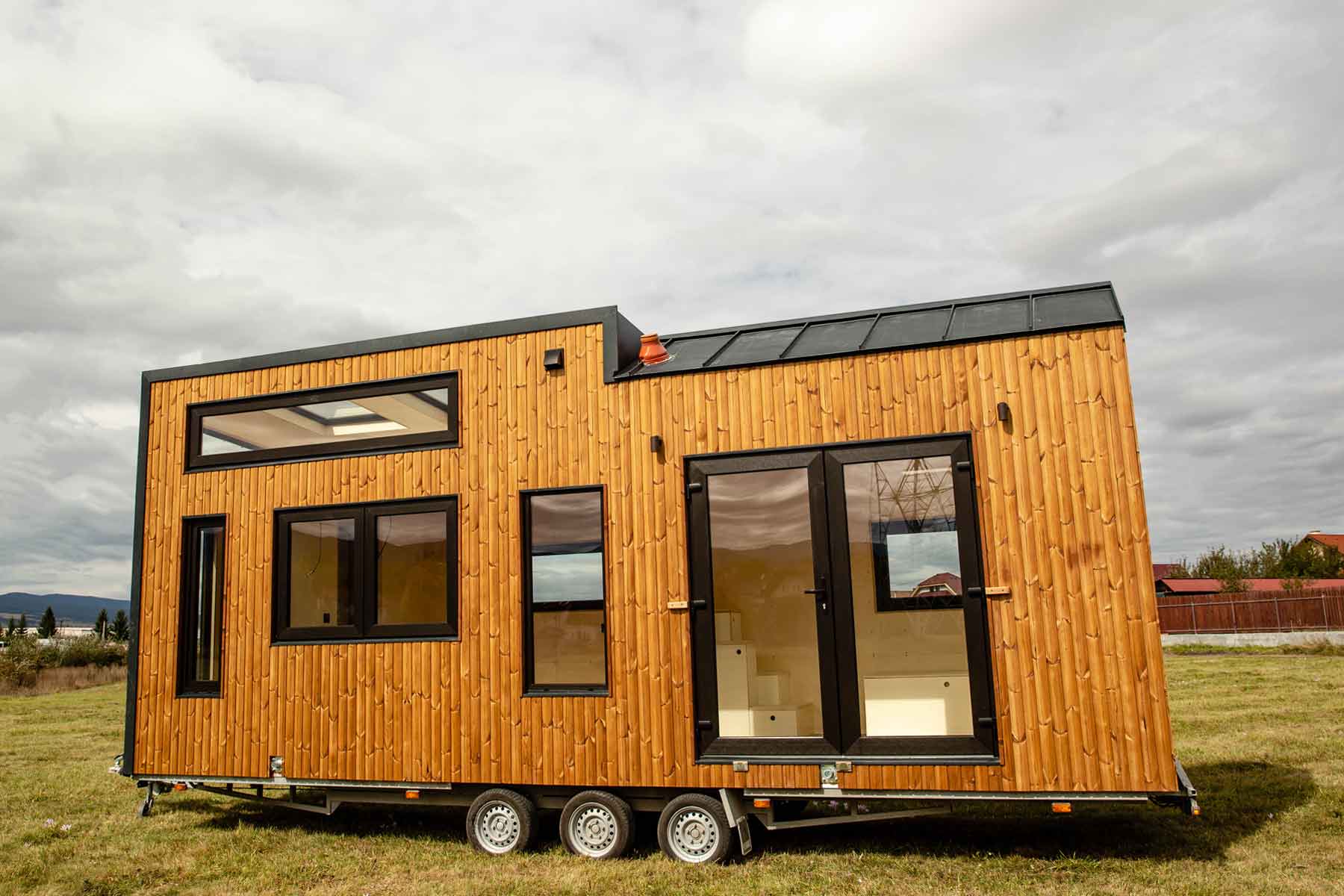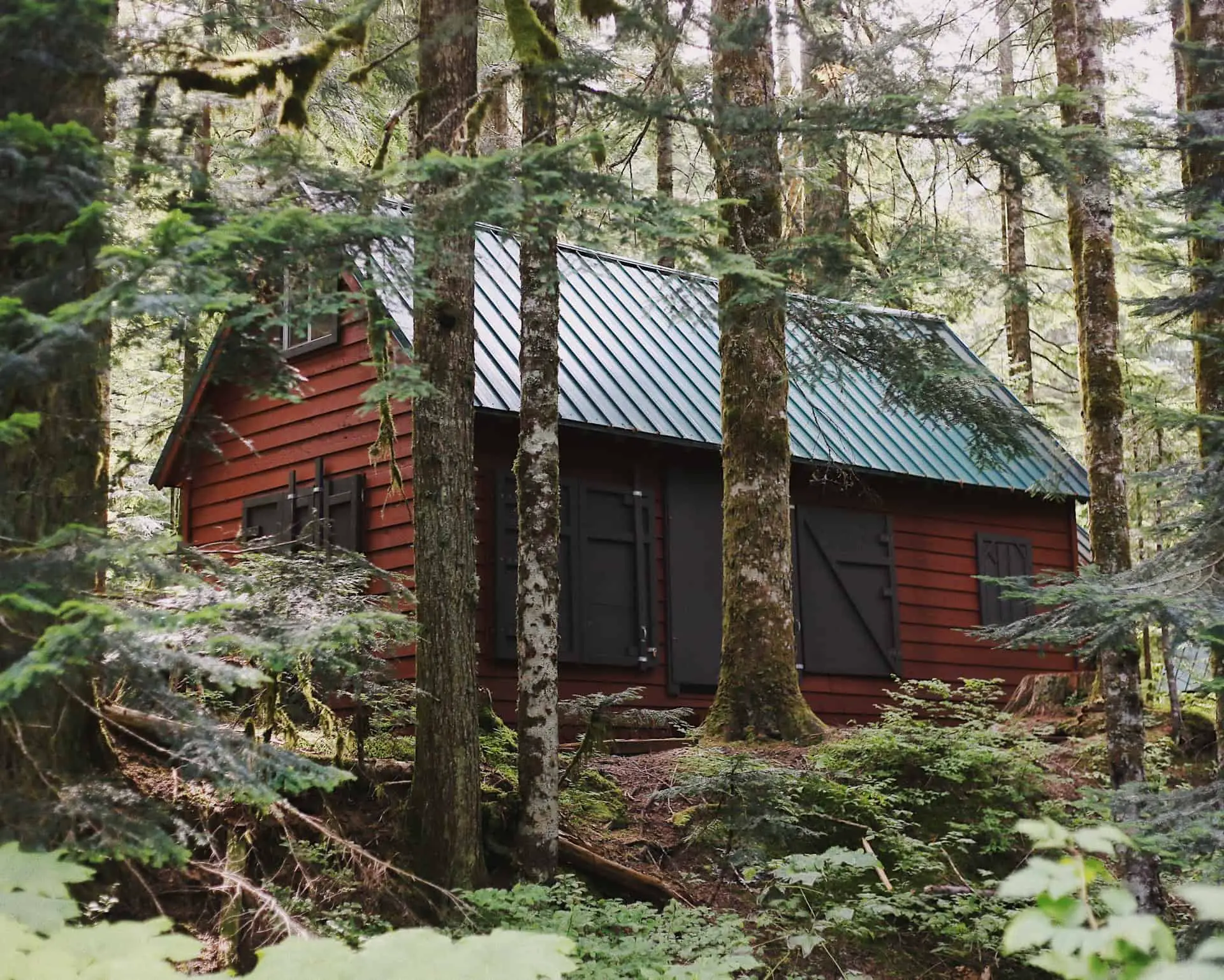Off grid living UK land for sale is attracting increasing interest as more people seek self-sufficiency and a simpler lifestyle. This burgeoning market offers a unique blend of challenges and rewards, from navigating complex planning permissions to harnessing renewable energy sources. This report explores the realities of purchasing and inhabiting off-grid land in the UK, examining the legal, logistical, and sustainable aspects involved.
The UK countryside holds pockets of land ripe for off-grid living, but the journey to self-sufficiency requires careful planning and preparation. Factors such as land prices, accessibility, and available utilities vary significantly across regions. Understanding the legal framework, including planning permissions and water rights, is crucial before making a purchase. This report delves into the practical considerations of establishing essential infrastructure, including water sourcing, electricity generation, and waste management, while also exploring the social and community aspects of this increasingly popular lifestyle choice.
Case studies of existing off-grid properties will illustrate the diversity of approaches and outcomes.
Land Availability and Pricing in the UK: Off Grid Living Uk Land For Sale
Securing off-grid land in the UK presents a unique set of challenges and opportunities. The availability and price of such land vary significantly across the country, influenced by factors such as location, accessibility, and proximity to amenities. This analysis explores these regional differences, providing insights into the current market.
Regional Variations in Off-Grid Land Prices
The UK’s landscape offers diverse options for off-grid living, but the cost and accessibility of suitable land differ considerably. Areas with rugged terrain, limited infrastructure, and less desirable climates generally command lower prices. Conversely, land with easier access and proximity to towns and cities attracts higher prices, reflecting increased demand and convenience.
Land Price Comparison Across Regions
The following table provides a comparative overview of land prices and accessibility across selected regions. Note that these figures represent averages and can fluctuate based on specific land characteristics and market conditions. Data is compiled from various property portals and land agents specializing in rural properties. Precise figures are difficult to obtain due to the fragmented nature of the market and the unique characteristics of each plot.
| Region | Average Price per Acre (£) | Typical Land Size (Acres) | Accessibility |
|---|---|---|---|
| Scottish Highlands | 5,000 – 15,000 | 5 – 50 | Often requires 4×4 vehicle; limited road access; distance from amenities |
| Northumberland | 8,000 – 25,000 | 2 – 20 | Variable; some areas have good road access, others are more remote; proximity to amenities varies |
| Wales (rural areas) | 7,000 – 20,000 | 3 – 30 | Access varies widely depending on location; generally more accessible than Scottish Highlands |
| Cornwall | 15,000 – 40,000+ | 1 – 10 | Relatively good access in many areas; proximity to amenities varies, coastal areas command higher prices |
Sustainable Practices for Off-Grid Living in the UK

Embracing off-grid living in the UK requires a commitment to sustainable practices that minimise environmental impact while ensuring comfortable and resilient homes. This necessitates careful consideration of energy efficiency, insulation, and the selection of building materials. A well-planned approach to these aspects is crucial for the long-term viability and success of any off-grid project.Energy Efficiency in Off-Grid HomesEnergy efficiency is paramount in off-grid homes, as reliance on renewable sources like solar and wind power means maximising the energy produced and minimising energy consumption.
Poor energy efficiency translates directly into higher energy bills (or greater reliance on backup generators), negating the environmental benefits and financial savings sought by off-grid living. Strategies like proper building orientation to maximise solar gain and minimise heat loss are essential.
Insulation Methods for Off-Grid Dwellings
The choice of insulation significantly impacts the energy performance of an off-grid home. Several methods offer varying levels of effectiveness and environmental impact. Traditional insulation materials like mineral wool (rock wool or glass wool) provide good thermal performance and are readily available. However, their manufacturing process can be energy-intensive. Cellulose insulation, derived from recycled paper, offers a more sustainable alternative, boasting excellent thermal properties and a lower carbon footprint.
Sheep’s wool insulation presents another eco-friendly option, providing excellent insulation and breathability. The optimal choice depends on factors such as budget, environmental concerns, and the specific climate conditions. For example, in colder climates, higher R-values (a measure of thermal resistance) might be preferred, potentially leading to a thicker layer of insulation, regardless of the material selected.
Sustainable Building Materials for Off-Grid Construction, Off grid living uk land for sale
Sustainable building materials are essential for minimising the environmental footprint of an off-grid home. Locally sourced timber, for instance, reduces transportation emissions and supports local economies. Rammed earth, a technique using compacted earth and other natural materials, offers excellent thermal mass, helping regulate internal temperatures. Cob, a mixture of earth, straw, and water, is another traditional method offering good insulation and a low environmental impact.
Reclaimed materials, such as reclaimed bricks or timber from deconstructed buildings, represent a highly sustainable option, diverting waste from landfills and reducing the demand for new materials. The choice of materials should also consider their durability and longevity to minimise the need for future replacements. For example, using sustainably harvested timber treated with natural preservatives can significantly extend its lifespan compared to untreated wood.
Embarking on off-grid living in the UK requires a blend of meticulous planning, practical skills, and a commitment to sustainable practices. While challenges exist, the potential rewards – a life closer to nature, greater self-reliance, and a unique connection with the land – are significant. This report has provided a comprehensive overview of the key considerations involved, from legal and regulatory hurdles to the practicalities of establishing essential infrastructure and creating a thriving, sustainable community.
For those seeking a path towards a more self-sufficient life, careful research and a realistic assessment of the challenges are paramount to success.
Discover how off grid living in arkansas has transformed methods in this topic.



